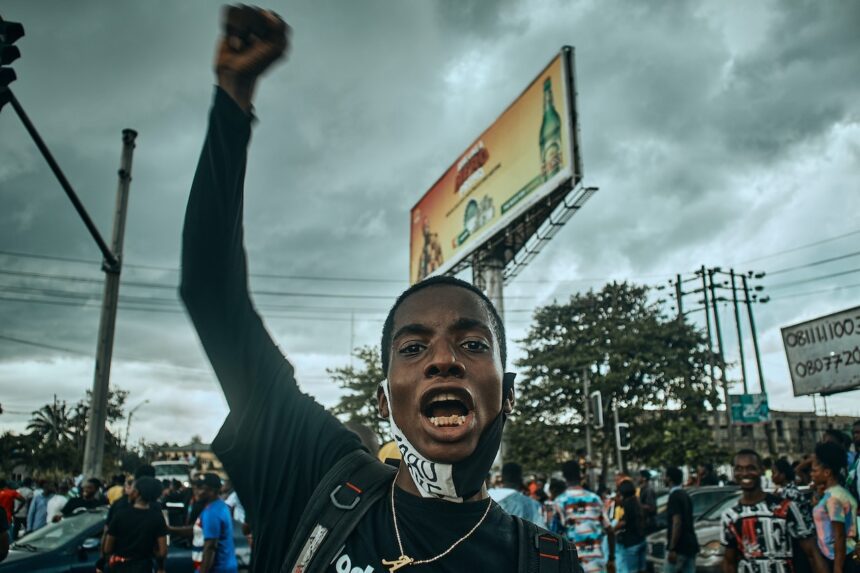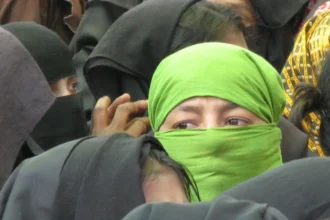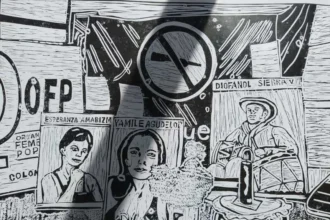The challenge of managing ethnic diversity is not unique to any one nation. However, in Nigeria, a country rich in cultural and ethnic diversity, this challenge takes on a particular urgency. The way we handle our differences can either strengthen our national fabric or tear it apart. As we explore the complexities of diversity in Nigeria, we must ask ourselves: How can we turn our differences into strengths?
Nigeria’s ethnic diversity is both a blessing and a curse. On one hand, it adds to our rich cultural tapestry, but on the other, it has become a tool for political manipulation. Ethnicity influences everything from power dynamics to resource allocation, leading to conflicts and contradictions. The struggle for resources has intensified inter-ethnic rivalries and attempts to create national political units for ethnic accommodation have often fallen short.
The emphasis on universal human rights was thought to reduce the ethnic minority problem by guaranteeing basic civic and political rights to all individuals, such as freedom of speech, association, conscience, worship, and freedom to life and property. Unfortunately, these rights are not justifiable in Nigeria.
Individual rights have not been able to deal with the problem of ethnic violence, leading to a shift in thinking towards accommodation. The state must not accord any legal recognition of ethnic or religious groups or use any of these as criteria for the distribution of rights, duties, or resources.
Since the late 1950s, when oil was discovered in the Niger-Delta region, several discordant behaviors have been displayed, especially amongst the political class representing major or minor ethnic nationalities. Ethnic factors have largely become parameters for assessment of group representation in government, allocation of political affairs, federal character principles, indigenship, and residency rights.
The key to managing diversity is inclusivity. We must recognize that cultural pluralism is a universal feature that, when politicized, can destabilize political systems. The focus must be on creating an inclusive and equitable approach that transcends ethnic barriers. This means addressing underlying issues such as poverty, insecurity, injustice, and the denial of fundamental human rights.
Our leaders must take the lead in fostering unity. The lopsided appointment of key positions leads to antagonism and ethnic tension. We need leaders who are committed to promoting unity, peace, progress, and socio-economic stability. This requires a profound understanding of Nigeria’s rich diversity and a commitment to ensuring equality and equitable distribution of resources.
The Richard’s Constitution of 1946 aimed to provide for Nigeria a political system that would ensure “Unity in diversity.” The colonial administration tended to recognize only the majority ethnic groups in Nigeria, namely the Hausa/Fulani, the Yoruba, and the Igbo. Efforts were made to separate the groups socially and politically, leading to polarization in ethnic relations.
The management of diversity in Nigeria is a complex challenge, but it is not insurmountable. We must move beyond strategies that have not produced the desired results and focus on addressing the fundamental issues involved in ethnic relations.
In the context of rights and politics, we must strive for a Nigeria where ethnicity is not a barrier but a bridge to unity and progress. The focus must be on building a nation where everyone has a voice, where differences are celebrated, and where our diversity becomes our strength.
In the end, the choice is ours: Will we allow our differences to divide us, or will we embrace them as the unique threads that weave the fabric of our nation? The future of Nigeria depends on our answer.
Adapted from an academic study for a wider audience, under license CC BY SA.









